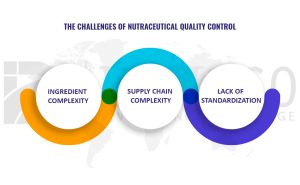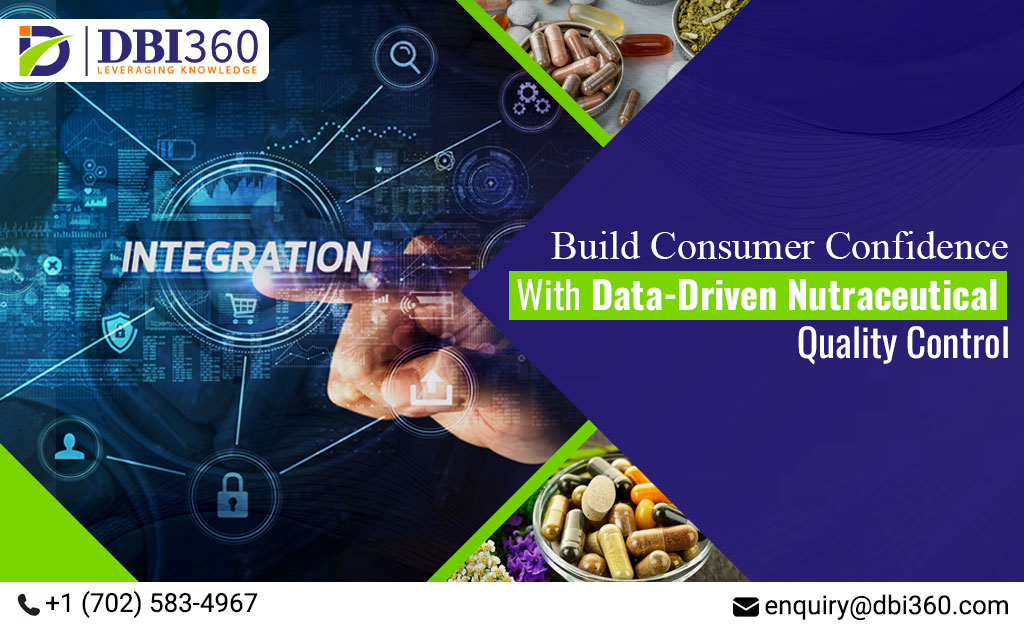In today’s health-conscious world, nutraceuticals – functional foods and supplements touted for their beneficial health effects – are booming. But with this growth comes a heightened responsibility: ensuring the quality, safety, and efficacy of these products. Consumers deserve transparency and assurance that the supplements they rely on are truly what they claim to be. This is where data integration solutions step in, acting as powerful allies in the fight for superior quality control in the nutraceutical industry.
The Challenges of Nutraceutical Quality Control:
-
Ingredient complexity: Nutraceuticals often contain a blend of botanicals, vitamins, minerals, and other bioactive compounds. Identifying and verifying the authenticity, purity, and potency of each component is crucial.
-
Supply chain complexity: Ingredients can travel long distances, passing through multiple vendors and processing stages. Tracking and monitoring throughout the supply chain is essential to prevent contamination and maintain integrity.
-
Lack of standardization: Unlike pharmaceuticals, regulations for nutraceuticals are less stringent. This can lead to inconsistencies in testing, labeling, and overall quality control practices.
Data Integration to the Rescue:
By seamlessly integrating data from various sources, nutraceutical manufacturers can gain a holistic view of their quality control processes and identify potential vulnerabilities. Here’s how:
-
Real-time tracking: From farm to finished product, data integration platforms can track ingredient movement, environmental conditions, and processing parameters in real time. This provides a transparent audit trail and enables early detection of deviations.
-
Advanced analytics: By analyzing data from across the supply chain, manufacturers can identify patterns and trends that might indicate contamination, counterfeit ingredients, or processing errors. Predictive analytics can even anticipate potential issues before they occur.
-
Automated compliance: Data integration facilitates compliance with evolving regulations by ensuring accurate labeling, batch traceability, and efficient documentation. These builds trust with regulatory bodies and consumers alike.
The Benefits of Embracing Data:
The benefits of implementing data integration solutions extend far beyond enhanced quality control. They include:
-
Improved operational efficiency: Streamlined data collection and analysis reduce manual processes and paperwork, saving time and resources.
-
Enhanced transparency and traceability: Consumers gain confidence with access to reliable information about the origins and quality of the products they consume.
-
Product innovation: Data-driven insights can inform the development of safer, more effective, and personalized nutraceutical formulations.

Building a Data-Driven Future for Nutraceuticals:
Investing in data integration solutions is not just a good business decision; it’s a commitment to ethical practices and consumer well-being. By embracing data-driven quality control, nutraceutical manufacturers can build a future where trust, transparency, and quality reign supreme. So, let’s harness the power of data to ensure that every capsule, every tablet, and every drop of a nutraceutical product delivers on its promise of health and well-being.

